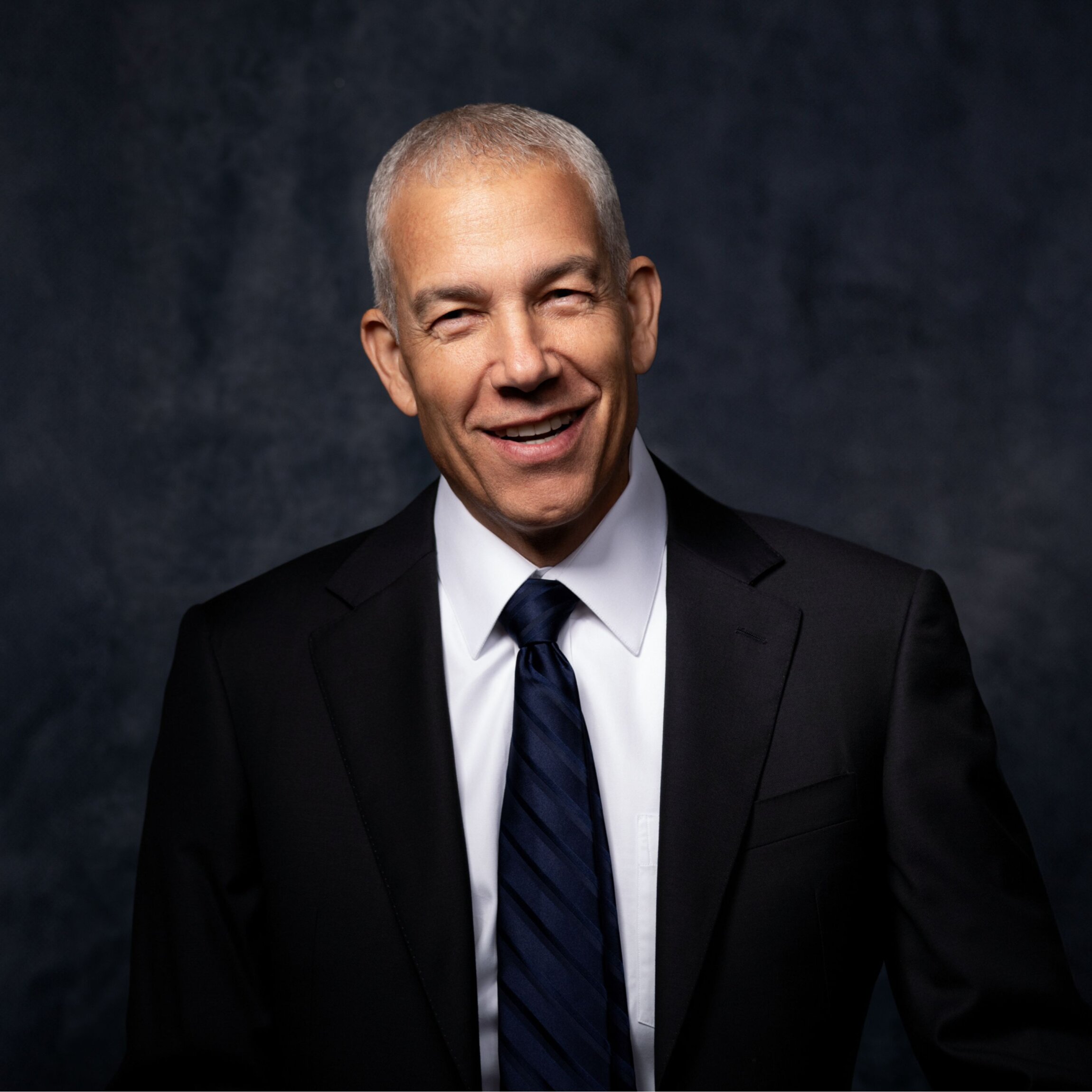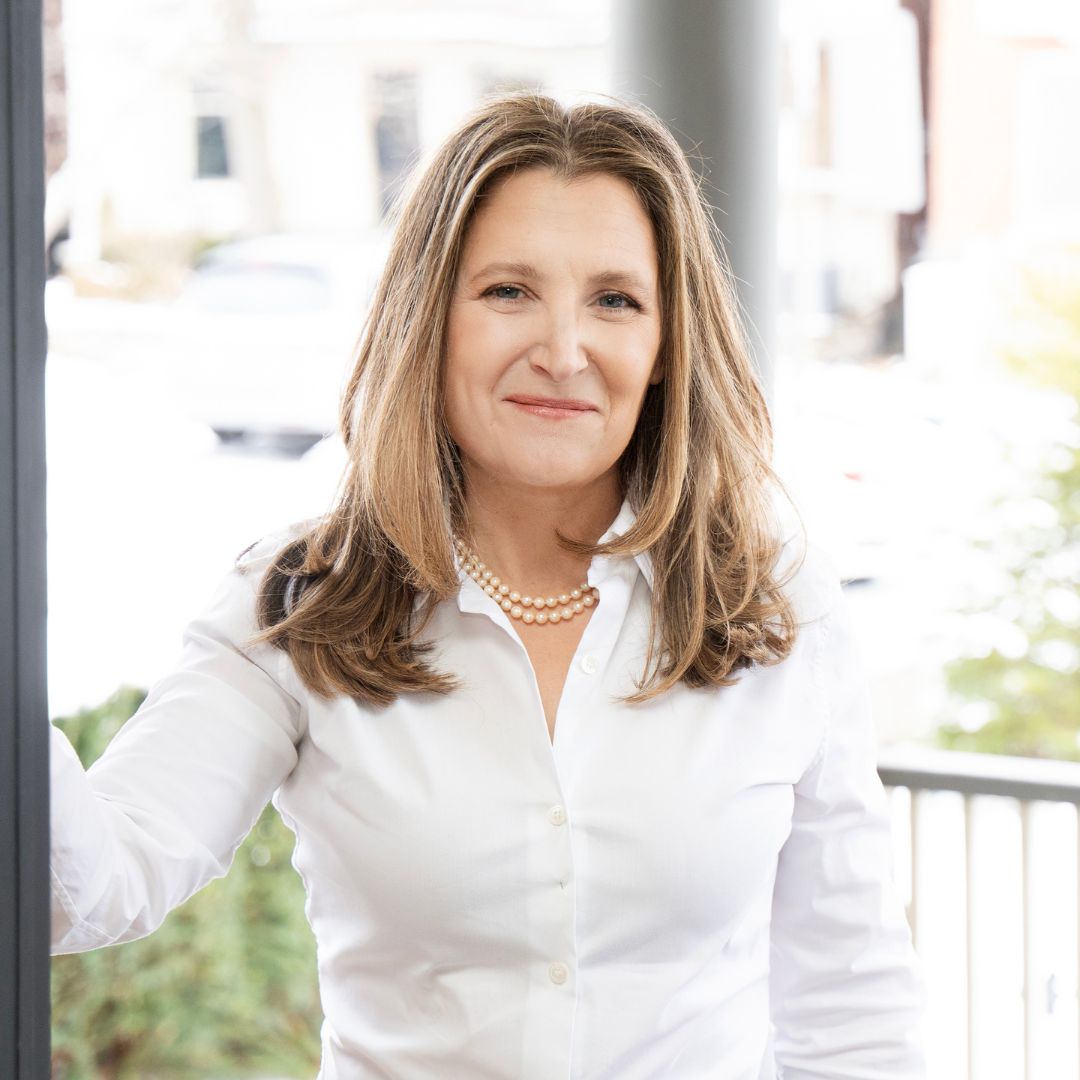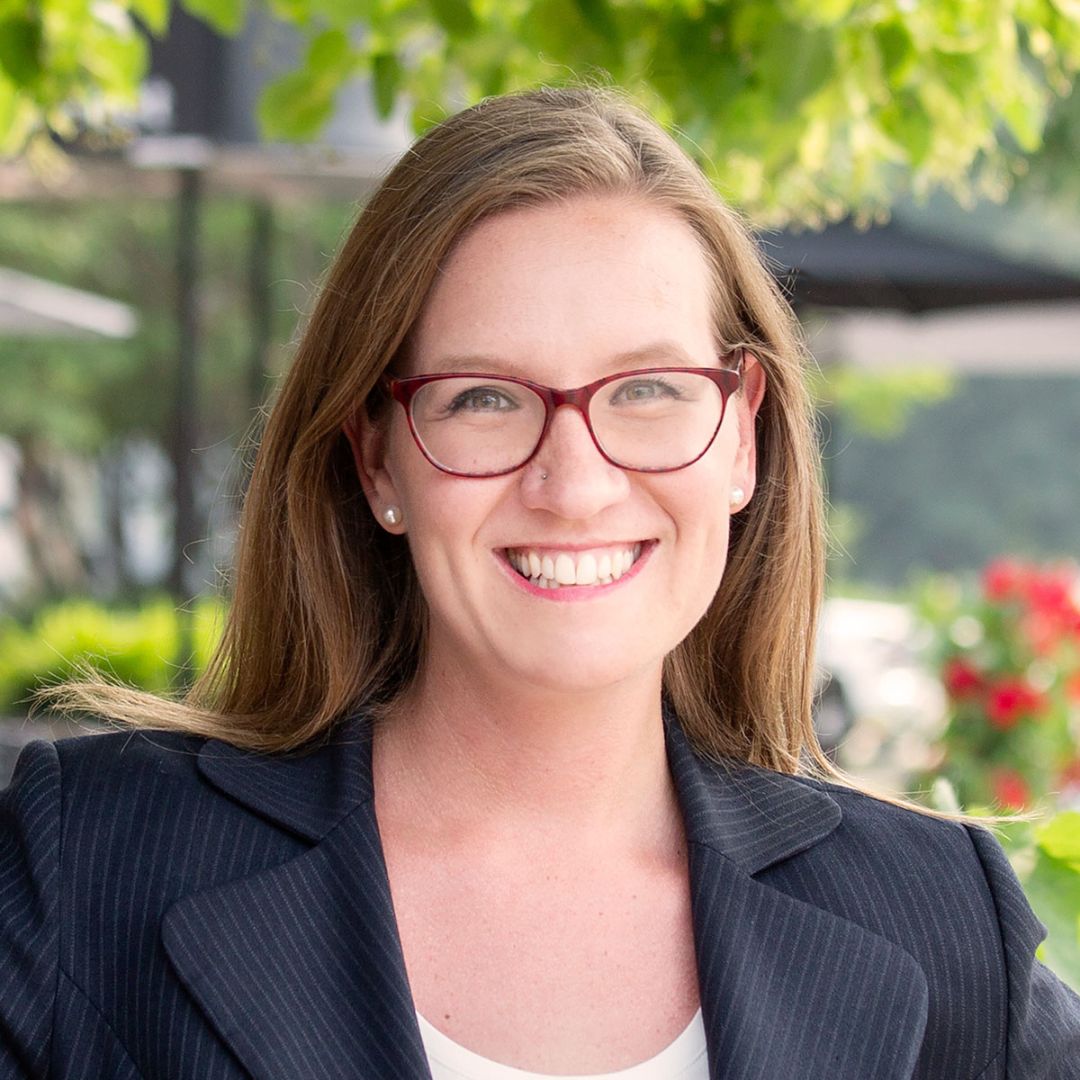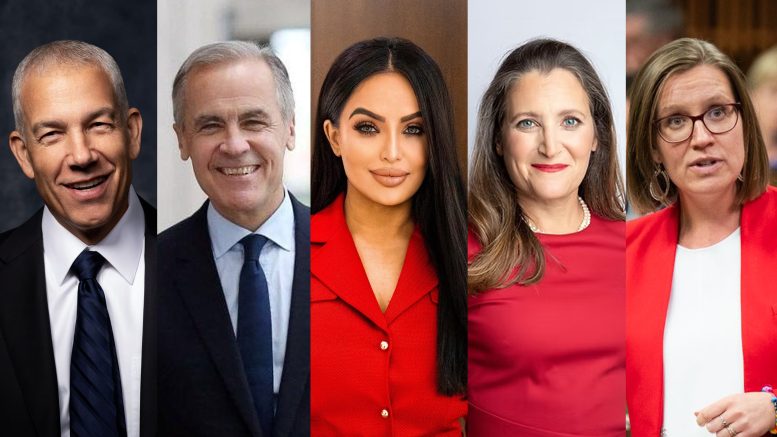The next leader of the Liberal Party of Canada — and the next prime minister of Canada — will be announced on Sunday, March 9.
Earlier this year on Jan. 6, Justin Trudeau announced that he would resign as prime minister and as leader of the federal Liberal party following a nation-wide leadership race to choose his successor.
“This country deserves a real choice in the next election, and it has become clear to me that if I’m having to fight internal battles, I cannot be the best option in that election,” said Trudeau during his resignation announcement outside Rideau Cottage in Ottawa.
Prior to the announcement, a growing number of Liberal MPs called for Trudeau to resign — including Manitoba Liberal MP Ben Carr (Winnipeg South Centre). Another blow from within Trudeau’s own caucus came on Dec. 16 when Finance Minister Chrystia Freeland resigned from cabinet hours before she was set to table the government’s fall economic statement. Freeland’s public resignation letter indicated that the two had been “at odds about the best path forward for Canada” for the past number of weeks.
Five candidates vying to serve as Liberal leader
Six candidates were approved by the party to run in the race following the Jan. 23 deadline to declare candidacy. After the exit of Nova Scotia MP Jaime Battiste from the leadership race on Jan. 30, the remaining candidates are Frank Baylis, Mark Carney, Ruby Dhalla, Chrystia Freeland and Karina Gould.
Requirements to run for leader included submitting a nomination package with signatures of 300 registered Liberals — with at least 100 from three different provinces or territories and a $50,000 refundable deposit. Candidates are required to pay a $350,000 entry fee made over four instalments from Jan. 23 to Feb. 17.
“It’s a huge entrance fee,” said Christopher Adams, adjunct professor of political studies at the U of M. “It’s the highest I’ve ever seen. It’s quite shocking. Part of it is to prevent the takeover of the party by special groups, because leadership races are known for attracting a whole lot of different individuals, some of whom have no real interest in the party’s wellbeing.”
Adams stated that the high entrance fee also prevents “oddball candidates” and individuals who want to raise their own personal profile who would crowd the stage. “Those types of candidates can be embarrassments to the party,” said Adams, but he noted that the entrance fee is “really far higher” than what would be needed to prevent those types of candidates.

Frank Baylis (Liberal Party of Canada)
Frank Baylis
Frank Baylis, 62, was born in Montreal, Que. and served as the MP for Pierrefonds-Dollard from 2015-19. During his time in the House of Commons, Baylis served on the industry committee, the foreign affairs committee and the ethics and privacy committee. He was a founding member of the Parliamentary Black Caucus and served as chair of the Canada-U.K. Inter-Parliamentary Association.
According to his website, Baylis earned an electrical engineering degree from the University of Waterloo and joined Baylis Medical — a medical device company founded by his mother which he and his business partner grew and sold to Boston Scientific in 2021 for USD$1.75 billion.

Mark Carney (2025 Liberal Party of Canada)
Mark Carney
Mark Carney, 59, was born in Fort Smith, N.W.T. and raised in Edmonton by teachers. Carney holds degrees in economics from Harvard University and the University of Oxford and has served as governor of the Bank of Canada (2008-13) and Bank of England (2013-20). Prior to those roles, he worked at Goldman Sachs and with the Department of Finance Canada.
Carney is the only candidate to have never been elected to the House of Commons and currently serves as the United Nations special envoy on climate action and finance.
He has the endorsements of over 50 current MPs — the most of any candidate in the race.

Ruby Dhalla (2025 Liberal Party of Canada)
Ruby Dhalla
Born and raised in Winnipeg, Ruby Dhalla, 50, served as the MP for Brampton-Springdale in Ont. from 2004-11 as the first Sikh woman in the House of Commons alongside MP Nina Grewal. She chaired the Canada-U.S. Parliamentary Caucus committee and was the founder of the Canada-India Parliamentary Caucus.
Dhalla holds a biochemistry degree from the University of Winnipeg and a doctor of chiropractic medicine from the Canadian Memorial Chiropractic College. Along with her brother, Dhalla opened chiropractic clinics in the GTA. She now serves as CEO and president of the Dhalla Group of Companies, which operates in healthcare, real estate and hospitality sectors, according to her website.

Chrystia Freeland (2025 Liberal Party of Canada)
Chrystia Freeland
Chrystia Freeland, 56, was born and raised in Peace River, Alta. and served as a journalist prior to entering politics in 2013. Since then, she has served as a MP for Toronto Centre and presently for University—Rosedale in Ont. Freeland has served as minister of international trade, minister of foreign affairs, deputy prime minister, minister of intergovernmental affairs and finance minister. She studied Russian history and literature at Harvard University and earned a master’s degree in Slavonic studies from the University of Oxford.

Karina Gould (2025 Liberal Party of Canada)
Karina Gould
Karina Gould, 37, was born and raised in Burlington, Ont. and is the youngest candidate in the race. Gould studied political science and Latin American studies at McGill University and international relations at the University of Oxford. Prior to entering politics, she worked for the Mexican Trade Commission in Toronto and as a consultant.
Gould has served as the MP for Burlington since 2015 and has served as parliamentary secretary to the minister of international development, minister of democratic institutions, minister of international development and as leader of the government in the House of Commons.
Voting in the leadership race is restricted to members of the Liberal party who registered by Jan. 27. Individuals must be at least 14 years of age to cast a leadership ballot and hold Canadian citizenship, be a permanent resident or have status under the Indian Act.
“What has struck me about this leadership campaign is the number of members, the people who have joined the party,” said Adams, who stated that around 400,000 people have signed up to vote in the race. “It’s proving to be a fairly successful leadership campaign for the party […] the polling data is starting to show that there might be narrowing of the gap between the Liberal party and Pierre Poilievre’s Conservatives.”
At the end of 2024, Nanos Research polling indicated that support for the Conservative Party of Canada hit a new long-term high with a 26-point advantage over the Liberals.
Adams explained that there are multiple factors of why the Liberals are now narrowing the Conservative’s lead in the polls. “One, Justin Trudeau has now said he’s not running, so he’s no longer the toxic thing that people saw in the party. I think there’s a general sense from many people that Mark Carney might be the next leader, so I think there’s a little enthusiasm about that, and all the Liberal leadership candidates are saying they’re axing the [carbon] tax.”
Trudeau’s resignation will mark an end to his nine years as Canada’s 23rd prime minister, having secured a majority government from 2015-19 followed by two minority governments. Trudeau has previously indicated that he will not be seeking re-election in Papineau — the federal electoral district in Quebec that he has represented since 2008 — in the next federal election.



